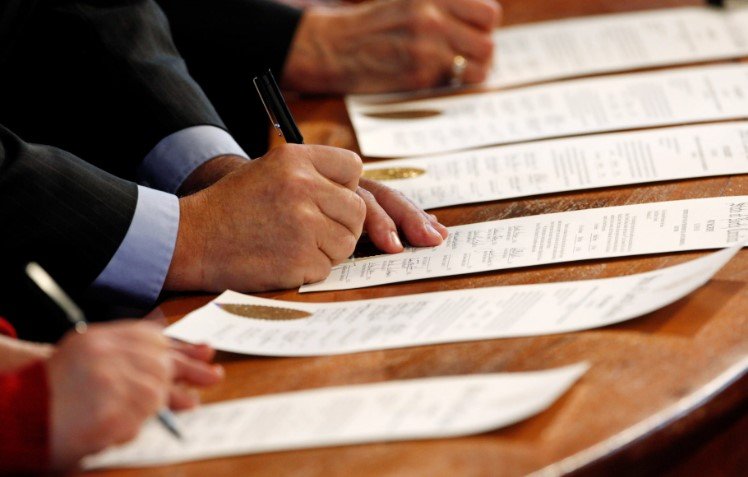In the intricate dance of American democracy, the Electoral College has long been a unique and controversial partner. Established over two centuries ago, this system continues to play a pivotal role in presidential elections, despite frequent calls for its modernization or abolition. The debate surrounding the Electoral College is a testament to the evolving nature of electoral processes and the quest for a more representative democracy.
The Genesis and Evolution of the Electoral College
The Electoral College was born out of compromise, a solution to the 18th-century challenges of electing a national leader in a fledgling democracy. Its design reflects the founders’ concerns about direct democracy and the balance of power between smaller and larger states. However, as the nation grew and changed, the system’s limitations became increasingly apparent.

Critics argue that the Electoral College can distort the will of the majority, as seen in instances where the popular vote winner is not elected president. Proponents, on the other hand, claim it protects the interests of less populous states and ensures a broad coalition of support for the elected leader. The debate is as much about geography and federalism as it is about democracy and representation.
The Push for Reform and the Status Quo
Throughout American history, over a thousand constitutional amendments have been proposed to reform or eliminate the Electoral College. Yet, it endures, a testament to the complexity of constitutional change and the varied interests that converge in this debate. The question remains: how can a system designed for an 18th-century electorate serve a 21st-century democracy?
The answer is not straightforward. Some advocate for a national popular vote, while others suggest modifications to how electoral votes are allocated. The challenge lies in finding a path that honors the principles of federalism, respects the diversity of the electorate, and reflects the popular will.
The Electoral College in the Modern Era
As the United States moves further into the 21st century, the Electoral College remains a subject of intense scrutiny. The system’s future is uncertain, with some states experimenting with new methods like the National Popular Vote Interstate Compact, which seeks to ensure the presidency aligns with the popular vote without abolishing the Electoral College.
The conversation about the Electoral College is far from over. It is a conversation about the soul of American democracy, the values it upholds, and the direction it will take. As the nation grapples with these questions, the Electoral College stands at the crossroads of tradition and change.

Comments